The Mexican President Has Plans For A Piece Of Land In The Popular Resort Town
The Mexican President has announced he is attempting to acquire a piece of land in Playa del Carmen for the purpose of constructing a cruise ship dock. If those plans fail, he hopes the government will build an ecotourism complex.
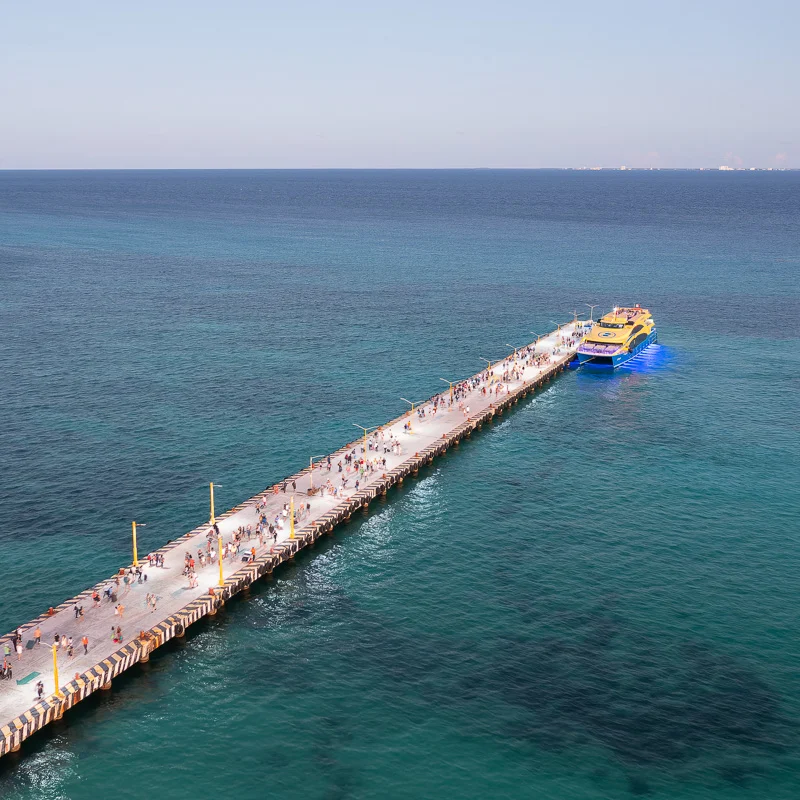
The concept of a cruise port in the area is nothing new. Talks of building a new port in Playa del Carmen or other similar spots have been discussed for almost two decades. Every time the subject is raised the local hoteliers and tourist boards voice their dismay at the possibility of a new port, claiming it will negatively impact the region.
Their thinking on this is that the area will be flooded constantly with single-day tourists who get off the boat, look around and then leave. With so many passing through on the cruises, the towns will be extremely busy, with only a fraction of the business they would receive from a vacationing crowd. The added numbers may make the region less attractive to traditional tourists also.
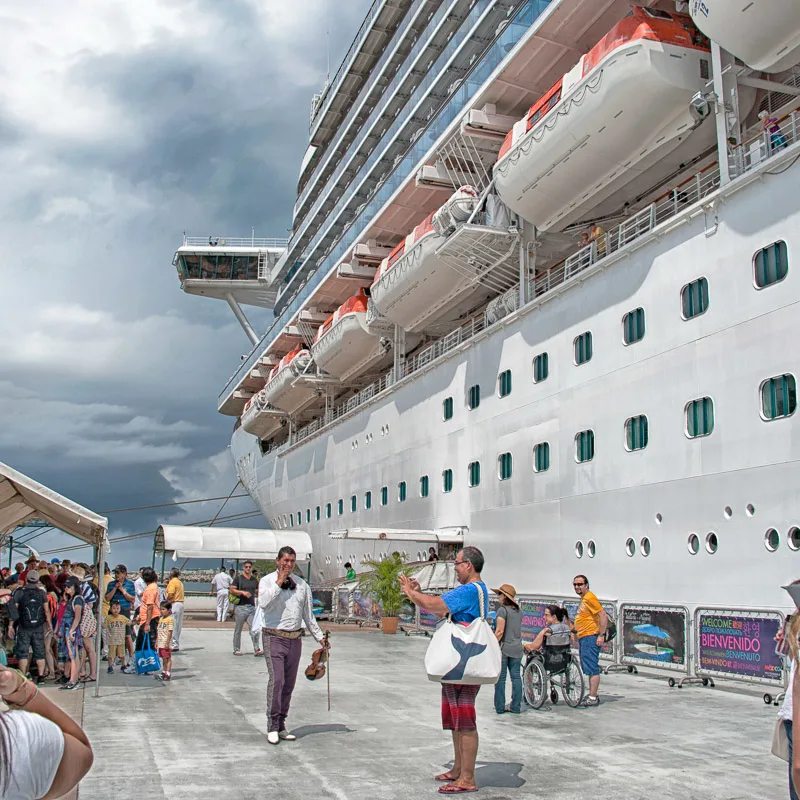
The land in question is currently owned by an American company who are extracting rock from the ground. The rock is typically being imported back to the states to be used for building roads. AMLO, the Mexican president, has told the company that they should begin building on their land, granting them permission to build a dock if they so wish. At present, no word has been received from the company suggesting they will be building.
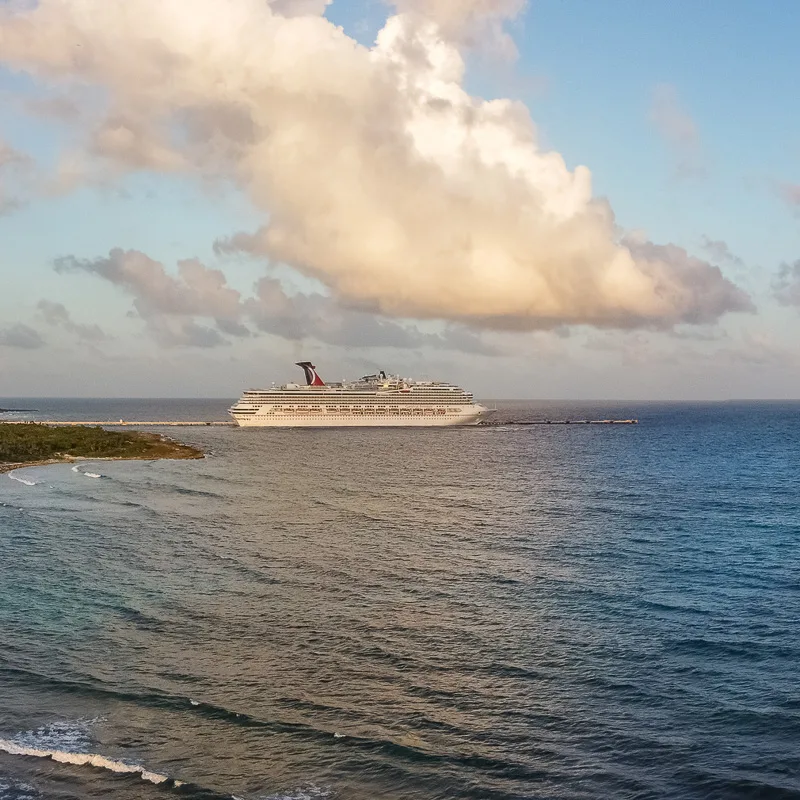
In the event that they do not wish to build, the government of Mexico will be seeking an appraisal for the land with the hopes of building an eco-tourism park. The term eco-tourism is a broad phrase and encompasses many possible concepts, none of which have been elaborated on by the President.
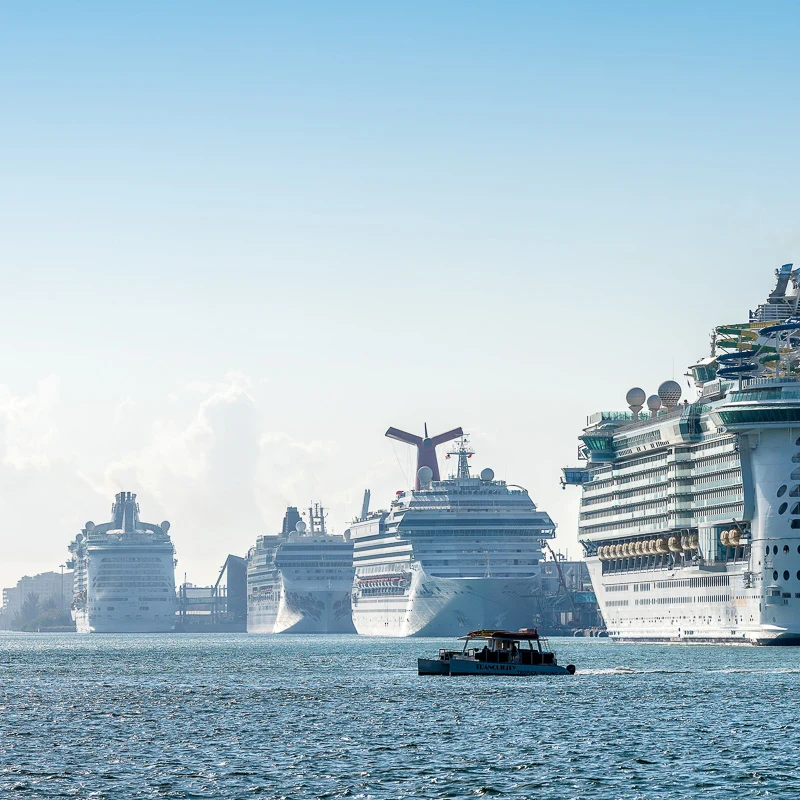
The President stated,
“Permission is given so that they can use, in accordance with ecological regulations, taking care of the environment, all that surface, the more than 4,000 hectares, in a tourist complex and that the port is even for cruise ships and we, according to the regulations we would tell them what density, how many rooms they could have, in what conditions the port, what type of ships can arrive according to the draft, taking care that corals or flora, fauna of the Caribbean are not going to be affected, but reach an agreement.”
The history between the government and the construction company, named Calica, goes back almost twenty years. It’s a complicated past with money being owed and other intricate business details. But it seems that some agreement is coming to a head.
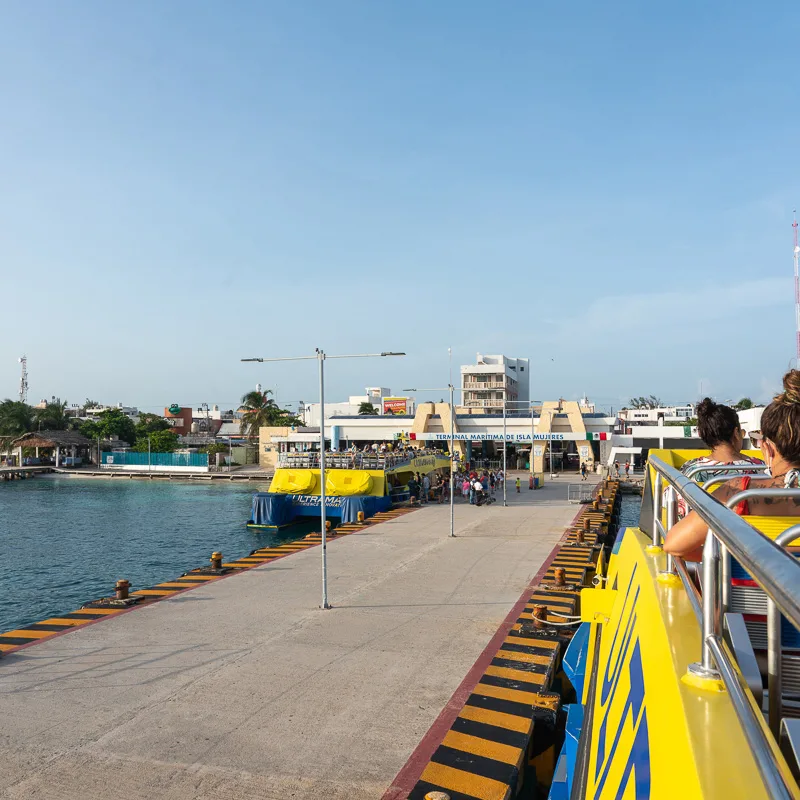
As expected hotels are unhappy with the developments. They have stated their concern for many reasons, including pollution, the negative experience for traditional visitors, and then added competition for hotels to hold onto guests. There is also the larger problem of taxes. The cruise ships will not pay taxes, while the hotels and local restaurants do.
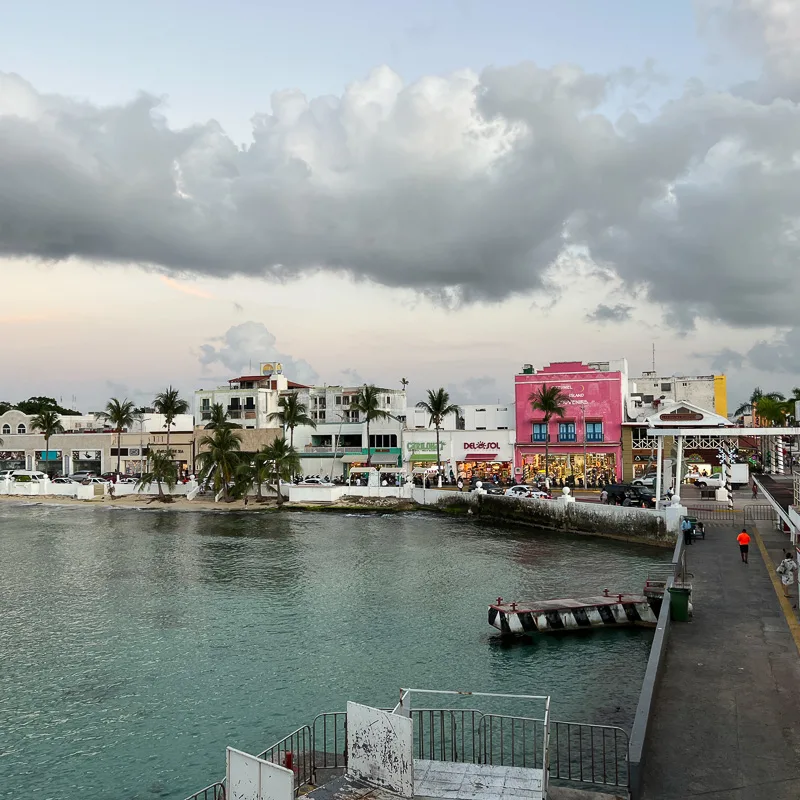
A potential timeline for the developments is currently unclear, mainly as the direction is still completely undecided. It is expected that much negotiation will take place before any decision is reached that will satisfy all parties involved. It’s clear that the hotel groups have no interest in Playa del Carmen being a port hub, or for the region, in general, to compete against the likes of Miami in that regard. Despite both being tourist industries, they are opposed in many concerns.
Those hoping to travel to Playa del Carmen or Cancun in the near future should continue to check on the restrictions affecting both Mexico and the point of departure.
Plan Your Next Cancun Vacation:
Traveler Alert: Don’t Forget Travel Insurance For Your Next Trip!
Choose From Thousands of Cancun and Riviera Maya Hotels, Resorts and Hostels with Free Cancellation On Most Properties
↓ Join the community ↓
The Cancun Sun Community FB group has all the latest travel news, conversations and tourism Q&A’s for the Mexican Caribbean

Subscribe to our Latest Posts
Enter your email address to subscribe to The Cancun Sun’s latest breaking news affecting travelers, straight to your inbox.
